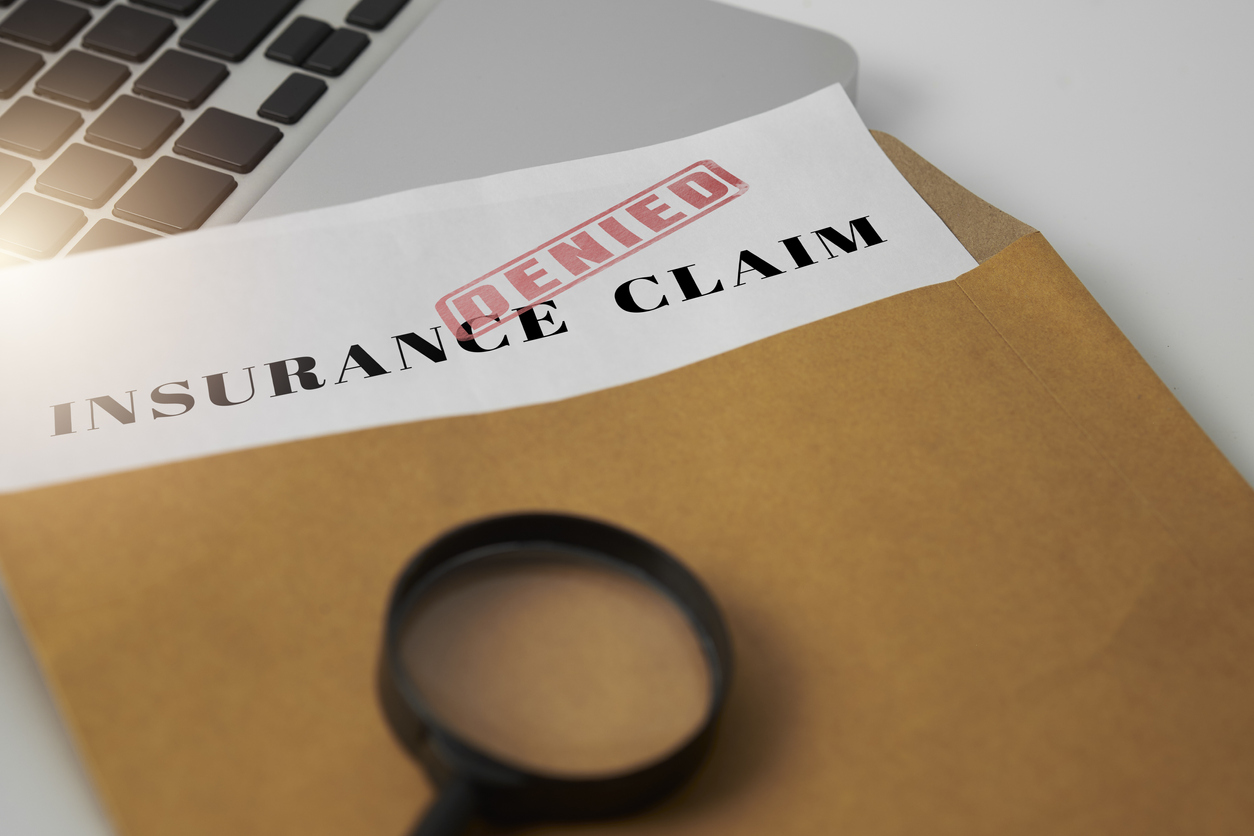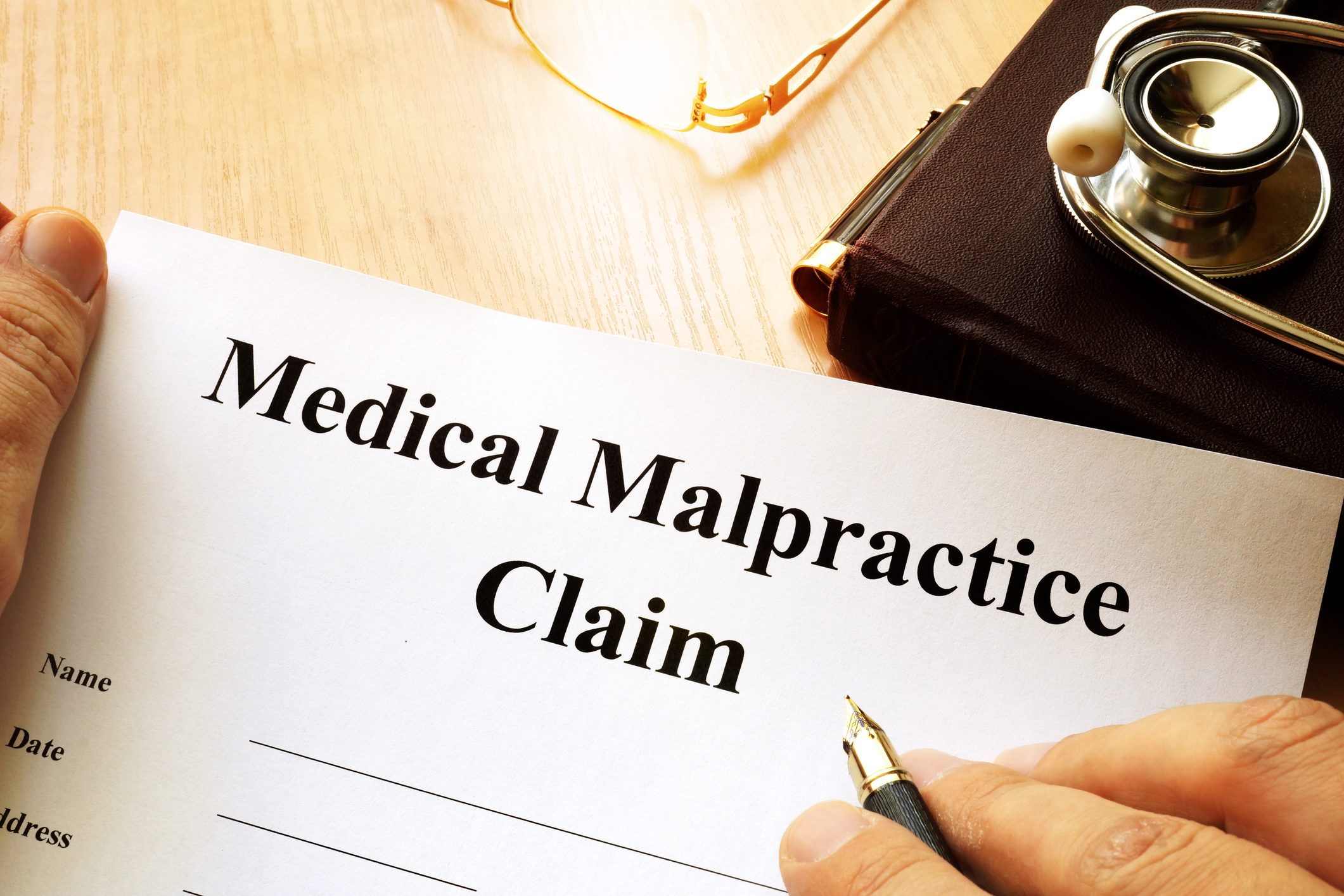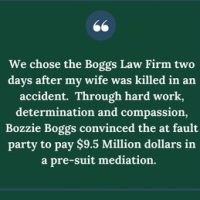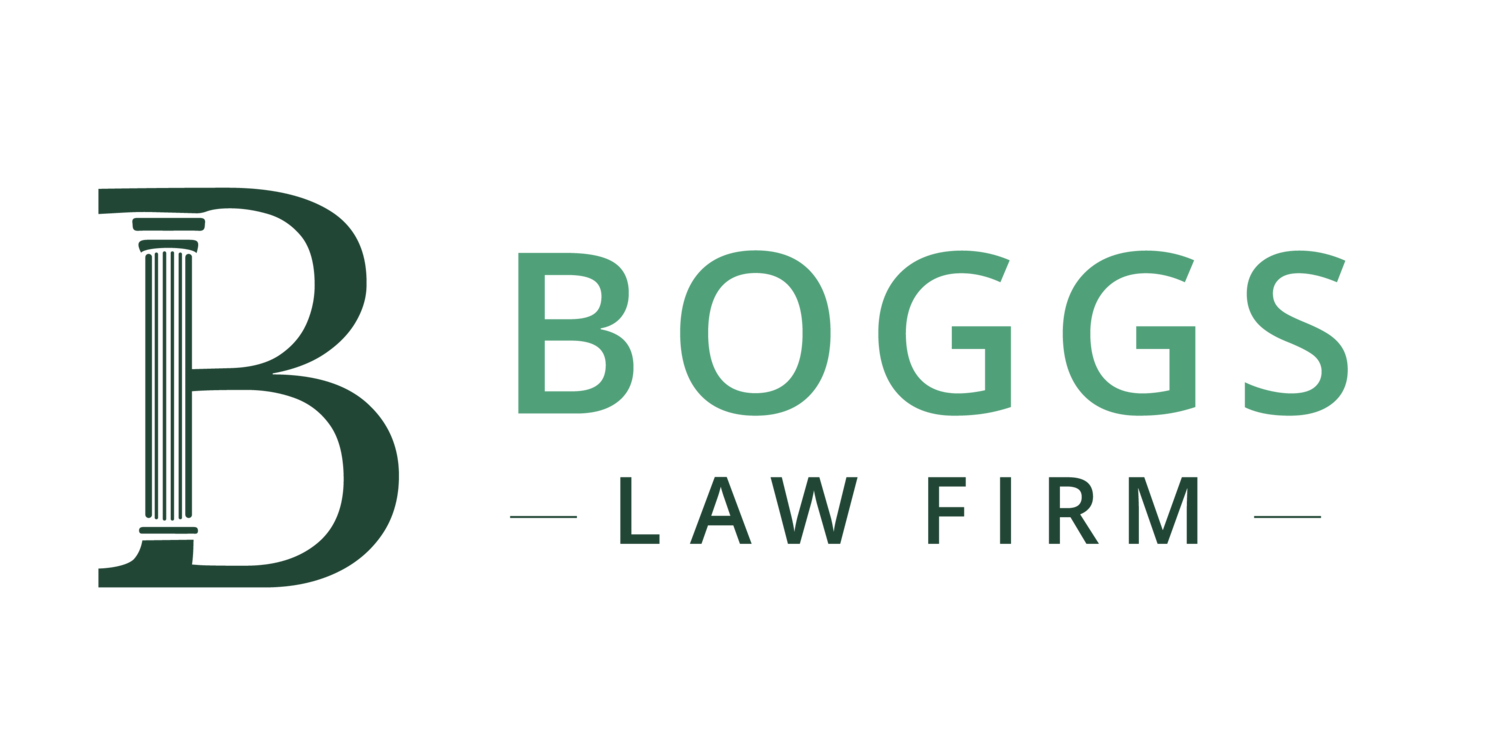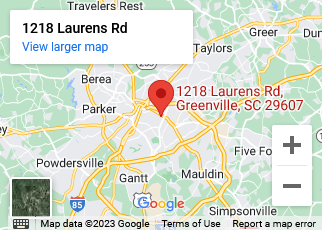If you are involved in a personal injury accident, one of the steps you will need to take to get compensation is to file an insurance claim. Whether you were involved in a car accident, slip and fall, or work injury, there should be an insurance company who can be held financially liable for your damages.
Common Reasons a Personal Injury Insurance Claim May Be Denied
A common tactic of insurance companies to save money is to deny claims, even when they are valid. When this happens, you should immediately contact a personal injury attorney who is not afraid to go up against the big insurance companies.
Some common reasons insurance companies deny claims include:
- They blame you for the accident
- The driver of the car was an unauthorized user
- You were not actually injured
- You delayed seeking medical attention, so you are not severely injured
- You missed the deadline to file a bodily injury claim
- The only way to combat these denials is to gather evidence that supports your claim. That might include expert opinions, police reports, eyewitness statements, and evidence from the scene. You will also need medical records and bills to prove your injuries.
South Carolina Personal Injury Statute of Limitations
In South Carolina, you have three years from the date of the accident to file a personal injury claim or lawsuit. If you don’t meet that deadline, your claim will likely be denied no matter how strong it is.
Improper Claims Practices by Insurance Companies
Insurance companies that operate in South Carolina are required to comply with the South Carolina Code of Laws. According to Section 38-59-20, any insurance company that engages in the following activities has improper claim practices:
- Misrepresentation of insureds or third-party claimants pertinent facts or policy provisions related to coverage
- Providing deceptive or misleading information with respect to coverage
- Failure to acknowledge claims with reasonable promptness
- Failure to adopt and implement reasonable standards for prompt investigation and settlement of claims
- Failure to attempt in good faith to effect prompt, fair, and equitable settlement of claims
- Compelling policyholders or claimants to institute lawsuits to recover reasonable claim amounts
- Offering settlement amounts that are far less than reasonable
- Actually or threatening to invoke policy defenses or to rescind the policy, not in good faith
Additionally, any other practice which constitutes unreasonable delay in paying a claim or failure to pay a claim or settle claims in full constitutes improper claims practices.
These activities apply to first party claims of the insured as well as third party claims of people who have been injured by the insured.
Steps to Take After an Insurance Claim Denial
If the insurance company does immediately deny your personal injury claim, you still have options. Take the following steps to protect yourself:
- Call a personal injury attorney
- Keep all of your correspondence with the insurance company
- Maintain a record of all medical treatment, lost wages, and other damages
- Collect information to support your claim
Insurance claims are not always easy to navigate. If the insurance company disputes your claim, you should immediately contact The Boggs Law Firm. We have helped countless victims like you recover the money you deserve.
When you call our law office, you will speak directly with someone who is familiar with insurance denials. We understand how these companies operate and we are here to protect your rights.


